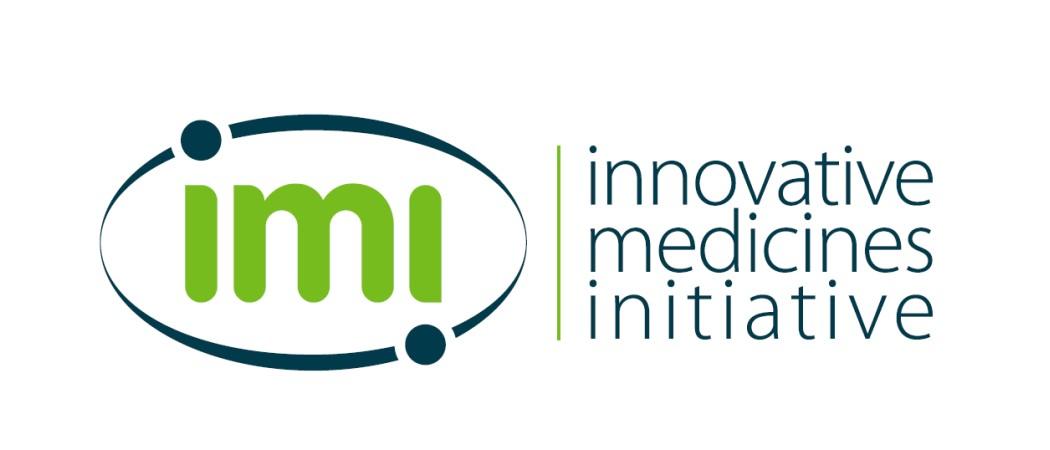When the Innovative Health Initiative picks up the reins from its predecessor it must be more flexible and involve non-traditional stakeholders

The success of the next EU public-private partnership in health depends on its openness to non-traditional partners, experts told the Innovative Medicines Initiative Stakeholder Forum on Tuesday.
“For the future partnership we need a framework that can be adapted to our ambitions and not fall into the trap of limiting our ambition to the framework,” said Olivier Laureau, president of French pharmaceutical company, Servier. “So that future health research can be innovative and make an impact, it must also be inclusive and allow contributions from all over Europe, as well as contributions from all over the world.”
The key to this is reducing the administrative burden of the participating companies from around the world, Laureau said. Easier access means more competitive partners will want join, promoting excellence in research and innovation.
“There are some valuable people out there in the world that can help and contribute to important projects, but because of administrative glitches and rules, they are not eligible or cannot be included, or funding cannot be diverted,” Mark Miller, executive vice-president at the biotech company, bioMérieux, argued.
Some international collaboration is allowed under the current rules, noted Irene Norstedt, director at DG Research at the European Commission. However, easier access does not mean there should be no obstacles to foreign participation. “We should also be clear that one of the main objectives of the IMI has been to strengthen the European science base and increase the competitiveness in Europe,” said Norstedt.
As the world’s largest public-private research programmes in health, IMI1 and IMI2 have invested €5.6 billion since 2008, to promote translation of biomedical research into new drugs. Its successor, the Innovative Health Initiative (IHI), will expand the partnership beyond pharmaceuticals to include medical technology, diagnostics and digital health.
The European Commission’s research chief, Jean-Eric Paquet, welcomed the plans for a broader industry partnership but said openness should not stop there. For one, it is important to consult citizens, who will benefit from the research, on what is needed to make health services better. Their views must be considered when devising future plans, said Paquet. He hopes the broader reach of the partnership will help with this. “Patient organisations are well connected to the present partnership already, but we can do a bit more there,” he said.
Other important stakeholders are the regulators, Miller said. “We have to start including non-traditional people in these projects that help with the market access, that help with the regulatory submissions, with the reimbursement of health technology assessment, with post-market studies and real-world evidence, to show the validation of whatever we develop, whether it’s a vaccine, a diagnostic, personalised medicine, data, we have to really show the value.”
To a certain extent, regulators are already involved in some of the projects, said Norstedt. While their contribution is valuable, it must be considered carefully on case by case basis. Most importantly, the partnership should consider regulatory requirements, rather than actively involving regulators in the projects.
The proposal for the IHI is currently being assessed by the commission. Once the EU budget is finalised, the European Parliament and the council will have to adopt the plan for the partnership before launch in 2021.





 A unique international forum for public research organisations and companies to connect their external engagement with strategic interests around their R&D system.
A unique international forum for public research organisations and companies to connect their external engagement with strategic interests around their R&D system.